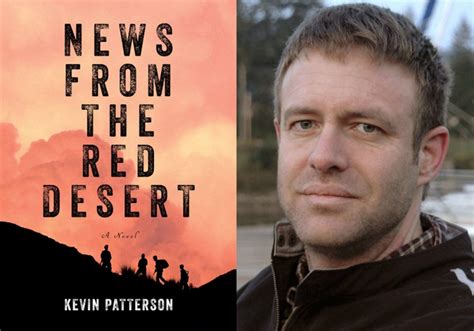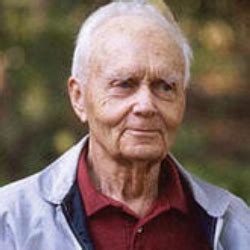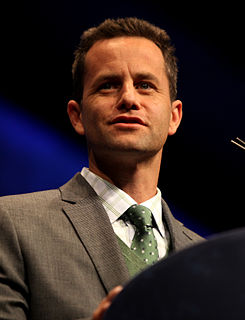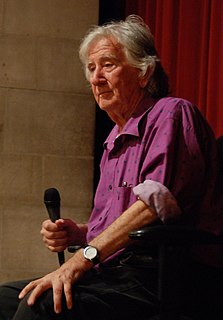A Quote by Ken Liu
The 'Grace of Kings' begins as a very dark, complicated world filled with injustices - among them the oppressed position of women - but gradually transforms into something better through a series of revolutions. But since real social change takes a long time, even by the end of the book, only the seeds of deep change have been planted.
Related Quotes
I've worked in the Inuit hamlets of the west coast of Hudson Bay since 1994. Over that time I've been very moved by both the pace of social change there - the loss of traditional ways of seeing the world, the affinity for and comfort with the land - and by the social disarray that change of this pace produces.
You're living at a time of extremism, a time of revolution
A time where there's got to be a change. People in power have misused it
And now there has to be a change and a better world has to be built
And the only way is going to be built is with extreme methods
And I for one will join with anyone, don't care what color you are
As long as you want change this miserable condition that exists on this earth
I would change very little because I have been very, very fortunate. A lot of things fell into place for me simply by happenstance. When that happens you don't really want to change anything, even if you could. Editorially my regrets are few and for the most part minor. I look back on my first published book and think I held on to it too long, babied it too long.
When does a session of The Theatre of the Oppressed end? Never - since the objective is not to close a cycle, to generate a catharsis, or to end a development. On the contrary, its objective is to encourage autonomous activity, to set a process in motion, to stimulate transformative creativity, to change spectators into protagonists. And it is precisely for these reasons that the Theatre of the Oppressed should be the initiator of changes the culmination of which is not the aesthetic phenomenon but real life.
Every change in conditions will make necessary some change in the use of resources, in the direction and kind of human activities, in habits and practices. And each change in the actions of those affected in the first instance will require further adjustments that will gradually extend through the whole of society. Every change thus in a sense creates a "problemfor society, even though no single individual perceives it as such; it is gradually "solvedby the establishment of a new overall adjustment.





































